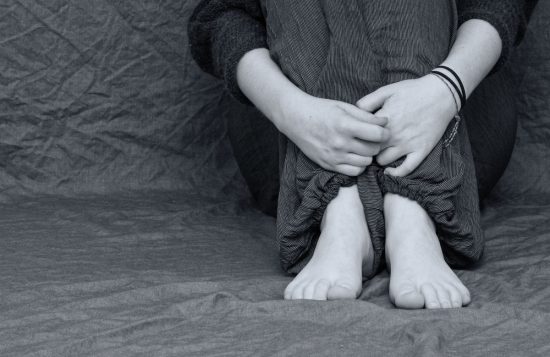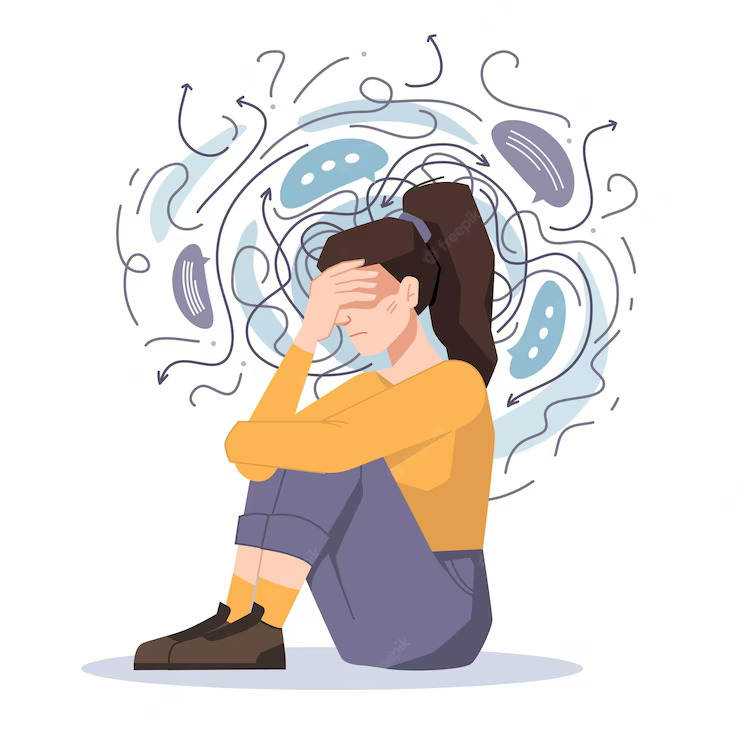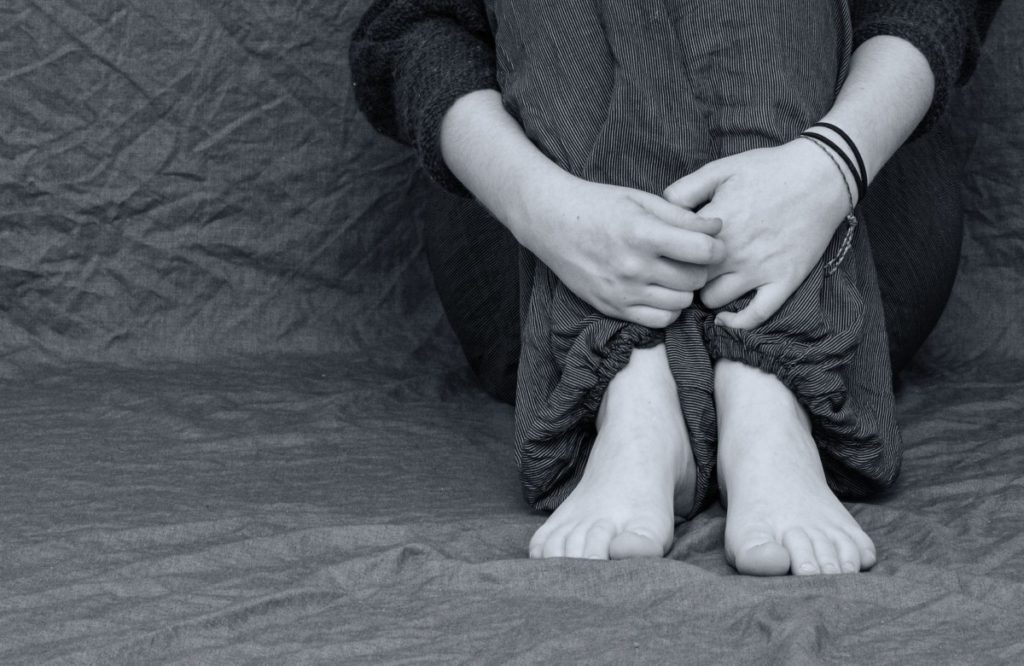
This is the second sharing in our World Health Day series. The last one was on Lack of Routine and its impact on physical health. Today’s sharing is on Psychosomatic Symptoms and its relationship with chronically unprocessed emotions.
In my therapy practice, I see several clients coming in with complaints like chronic body pain, asthma, ulcerative colitis, Crohn’s disease, even life threating cancers. They have typically spent years on various medical regiments before coming in for therapy. Some clients experience a sudden loss of functioning in a part of their body, which cannot be explained medically. Again, several years pass by before they think of seeking therapy for their concerns.
Their history suggests normal lifestyles with no big ‘trauma’, man-made or natural, to offset such intense chronic concerns. Can psychological therapy make a difference in these cases? Turns out it can!
After a considerable amount of therapy, some clients experience even a complete resolution of symptoms, whereas some became more responsive to their medical treatment, leading to a better prognosis.
So What Worked? Why Did Therapy Help?
Becoming aware and working on the common thread running through these apparent physiological concerns is what helped. The root cause was in the mind, not in the body. Though they hadn’t experienced big traumas, a closer analysis of their life suggested the presence of “developmental trauma” in many cases.
Experience or perception of negative, abusive, neglectful (lack of warmth) harsh environment in childhood left them ill equipped to deal with stressors as life progressed. To deal with their circumstances, they numbed themselves, suppressing and cutting off from their emotional pain. Unfortunately, if you numb the negative emotions, the positive ones get numbed too. Hence, this compromised their capacity to feel positive as well. They interacted with the world more cognitively, focusing on getting things done and moving on.
Over a period of time this unprocessed emotional energy started to manifest in bodily symptoms. Chronic body pain for instance was associated with the burden of carrying responsibilities from a very young age and a lack of love and support. Asthma was associated with a suppression of one’s own voice and not articulating one’s feelings in most situations. Ulcerative colitis and cancer were associated with huge amounts of guilt and anger. Some people I have worked with haven’t undergone developmental trauma but have experienced prolonged stress and are left with issues like migraines and repetitive eruptions of ulcers and skin conditions.
Mobilizing and processing the emotional energy in a safe and holding environment began the psychological healing process, which started reflecting on the body as well. Clients with complaints of different aches and pains demonstrated remarkable improvement while patients suffering from advanced conditions like Cancers felt more in control of their diagnosis and medical treatment.
A unanimous feeling they all shared was a regret of not keeping their mental health in check and seeking psychological help at an earlier stage that could have perhaps averted the physiological condition altogether. One of the other key commonalities was the complete lack of awareness of the emotional suffering they were experiencing over a period of time. On the contrary, they dismissed their suffering as trivial and unimportant. They were either not feeling the pain as a consequence of numbing themselves or were in state of (helpless) denial about its existence that ultimately led to chronic physical diseases that warranted attention.
Breaking The Cycle: Preventing Psychosomatic Symptoms

‘The past is present for new learning to occur’.
Tune into your inner world, be honest with yourself and answer the following questions:
- Do you generally feel little or no emotions? It’s like being on neutral in every situation.
- Do your thoughts comprise primarily of things to do? Quickly shunning away emotionally loaded material?
- Do you have past experiences that you believe you are over however get uncomfortable when triggered?
- Do you consider others’ needs before yours and have a hard time saying no?
If the answers to the above questions is a “yes” you are prone to developing psycho- somatic symptoms because of your tendency of coping by suppression and by not putting yourself as priority.
As they say – A healthy body is a reflection of a healthy mind. On this “World health day” make a resolve for improving your mental- health as your physical health depends on it. Attune to your emotions, as they are messengers guiding you through life. When there are pleasant experiences allow yourself, to feel the pleasant feelings completely. Challenging situations will produce unpleasant emotions. Instead of resisting it, embrace it as it teaches you to bring about a change towards healthy growth.

Is Trauma negatively impacting your life?
Counseling can be a great tool for you to manage and learn more about trauma and lead a happy, stress-free life.
We are here for you.
Frequently Asked Questions
Some of the best ways to manage developmental trauma is through mindfulness practices, learning and being informed about trauma, and being in groups to provide support to yourself and others from trauma.
No, as there are multiple forms and types of trauma. Developmental trauma, in particular, occurs in childhood and can hinder a normal development of the child.
Certainly. Trauma can be effectively healed and managed with the help of various therapeutic and self-help strategies.
About the Author
This article was written by Gitali Chatterjee, Counselor at Inner Space. This post was consulted & approved by professional therapists practicing online therapy and counseling.
Ask a Therapist
If you are interested to know more about Developmental Trauma and other mental health topics, ‘Ask A Therapist’ is a platform for you to ask your questions related to Mental Health, Mindfulness & Emotional Well-Being to our team of qualified Therapists.






